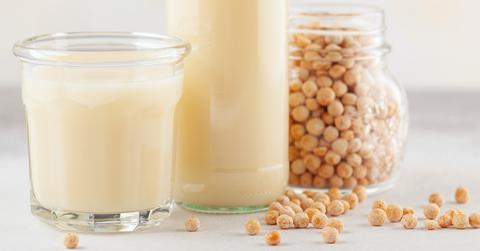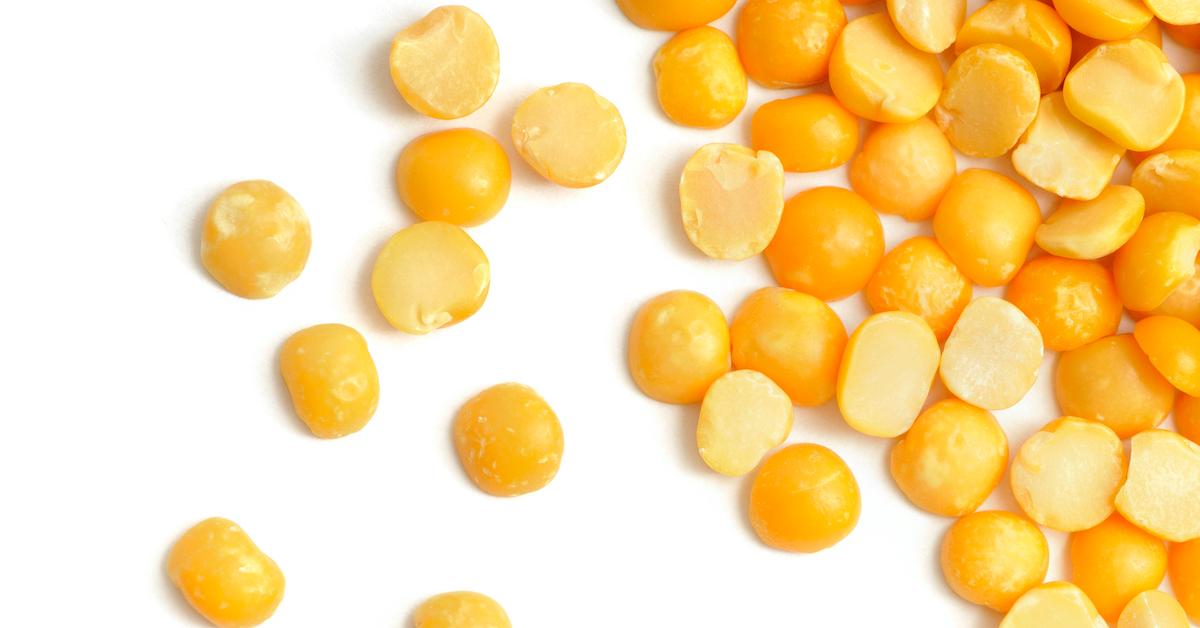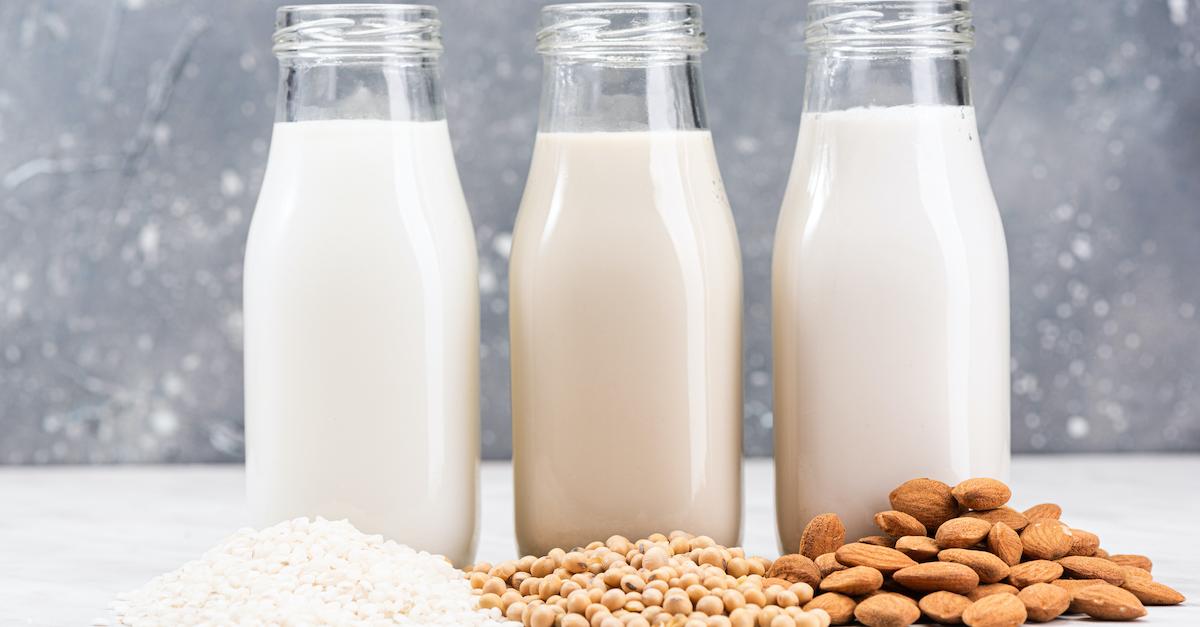Here's Everything You Need to Know About Pea Milk
Updated Oct. 27 2020, 1:10 p.m. ET

It's 2020, and we're currently in the age of ordering different plant-based milks with our coffee for each day of the week. Whether you tend to gravitate towards almond, cashew, oat, soy, hemp, or rice milk is entirely based on personal preference, however, one type of plant-based milk we've formed an affinity for is pea milk, which — in our opinion — has completely revolutionized the world of plant-based and dairy-free milk.
Although pea milk isn't quite as popular as its plant-based counterparts — such as oat or almond milk — there's no denying it has a strong cult-following among plant-based foodies like us. Stay tuned for the run-down on this undeniably fabulous dairy alternative.

What is pea milk made of?
Pea milk is exactly what it sounds like — according to Cooking Light, it's comprised of pea protein derived from yellow peas. It's dairy-, nut-, gluten-, and soy-free, making it exponentially more allergy-friendly than other milk options. Each 8-ounce serving boasts eight grams of protein (which is comparable to dairy milk), and it's enriched with 32mg omega-3s, as well as 45 percent of your recommended daily calcium intake.
Milk drinkers tend to appreciate pea milk because of its creamy, rich texture, as it makes for a delightful coffee additive, a solid base for smoothies, and a reliable key ingredient for oatmeal, baked goods, and bowls of cereal. But in terms of leaving a carbon footprint, how does pea milk stack up against other plant-based milks?

Compared to other plant-based milks, what is pea milk's carbon footprint?
Dairy milk is infamously environmentally unfriendly. In addition to the mistreatment of dairy cows, the greenhouse gas emissions associated with raising livestock for commercial use are off-the-charts. Every gallon of milk consumed results in about 17.6 pounds of carbon dioxide emissions, according to Inside Climate News. Likewise, according to UCSF, almond milk requires greater amounts of water and pesticides than most other non-dairy milks (though still far less than cow’s milk).
In comparison, though, pea milk's carbon footprint is relatively low. According to Extra Crispy, one of the leading pea milk brands, Ripple, uses 98.5 percent less water in its manufacturing process than dairy milk, and 96 percent less than almond milk. It's also packaged in 100 percent recycled material, and altogether, saves 3.5 pounds of carbon dioxide emissions per bottle, as well as 925 gallons of water in comparison to dairy milk.

Where can I buy pea milk?
Pea milk is available in a wide variety of grocery stores, health food stores, pharmacies, and convenience stores. Ripple's pea milk products, for example, are sold at CVS, 7Eleven, Whole Foods, Stop & Shop, Ralph's, Wegman's, Publix, and Target locations across the U.S. and in Canada. As of recently, according to VegNews, it was added to Costco's shelves.
Another popular brand is Bolthouse Farms, which is relatively similar to Ripple. It's available across the U.S. and in Canada, at a variety of stores, including: Rite Aid, FoodTown, CVS, Target, and Publix.

Pea milk is one of many plant-based milk alternatives you should consider trying. Its nutritional value — and its carbon footprint — certainly make it worth your while.